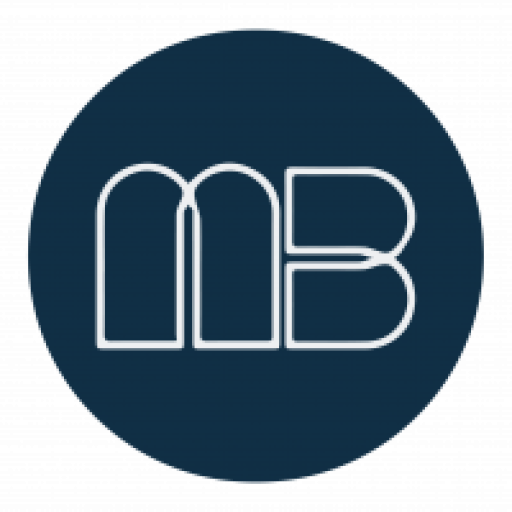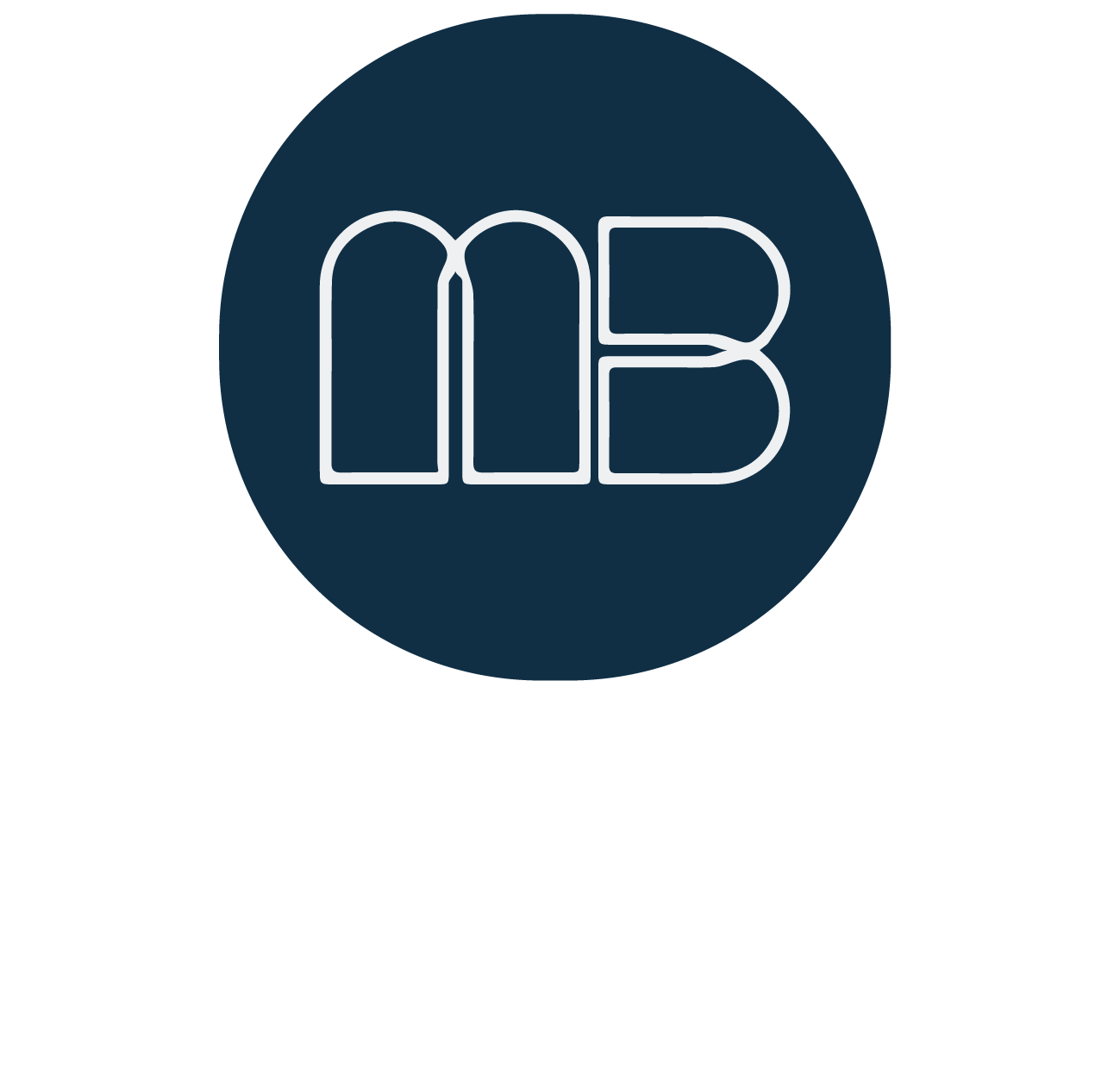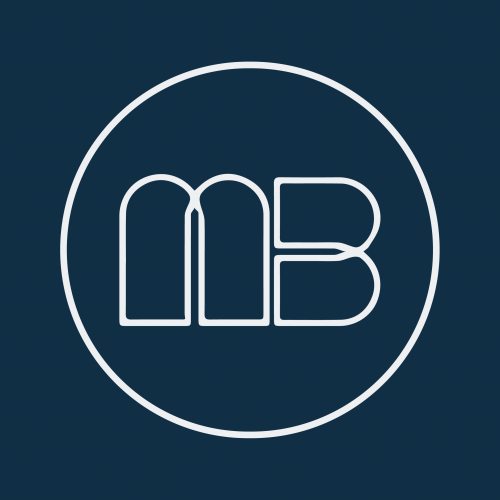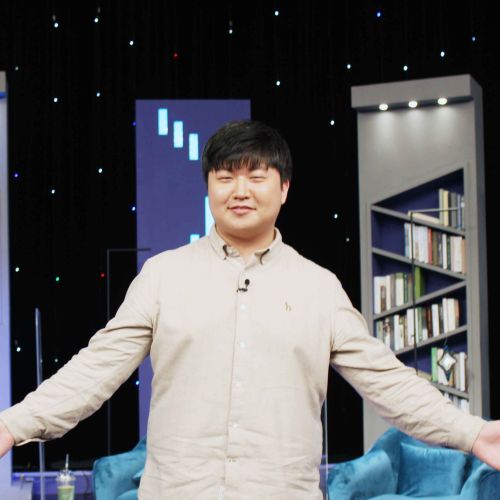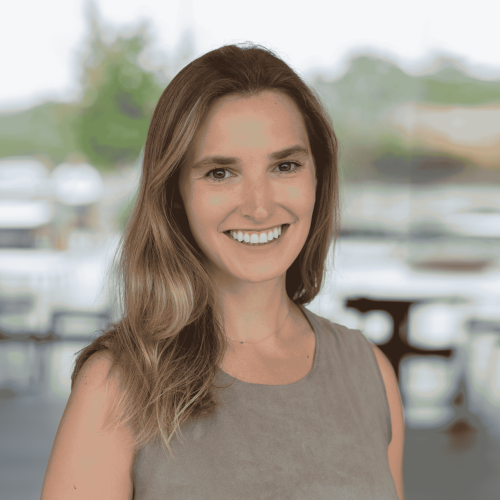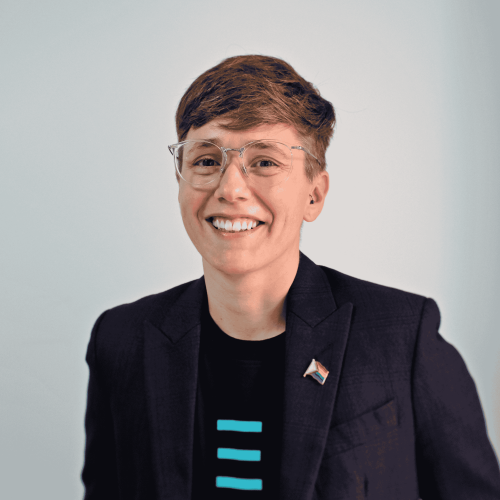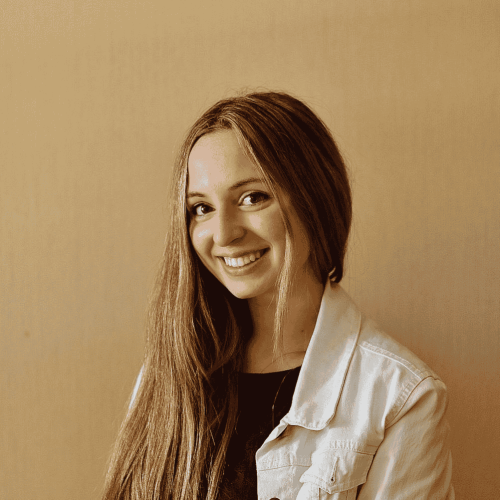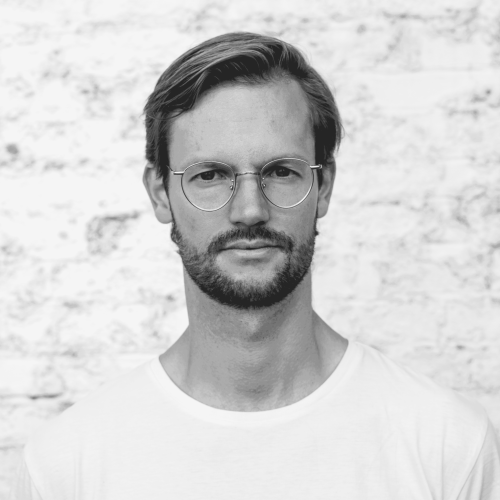How DolbomDream is creating data-driven senior care
In this #MeetTheMB100 interview, Jihun Kim, Co-Founder & CEO of DolbomDream, discusses how they are delivering scalable early detection systems for health deterioration in senior citizens.
This interview series is sponsored by EY, Hogan Lovells, Green Frontier Capital, Kenya Climate Ventures (KCV), The Portman Estate, and innovision.
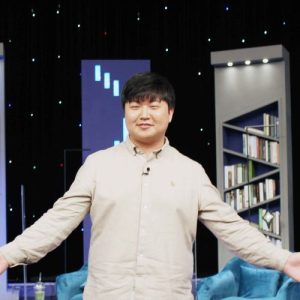
Jihun Kim, Co-Founder & CEO of DolbomDream
Q1. What are the challenges you are trying to solve, and why do they matter to you?
South Korea is ageing faster than any other country in the world. Yet senior healthcare remains largely reactive. Older adults living alone often miss early signs of health deterioration due to a lack of external monitoring, resulting in delayed critical interventions.
This challenge is deeply personal to me. After witnessing a loved one suffer long-term consequences from a health crisis that could have been prevented, I became convinced that we need infrastructure focused on prevention and early intervention, not just treatment. That’s what led me to found Dolbomdream.
Our goal is not to simply create another monitoring device. We aim to provide a real safety net that integrates into everyday life. I want to ensure that ageing does not mean becoming vulnerable, and that no one is left behind in moments when time matters most.
Q2. How is your work tackling these challenges, and what impact are you having?
Dolbomdream’s solution, Clomental, is a non-contact biosignal monitoring system.. Developed in-house, it uses air-pressure-based ballistocardiography sensors to measure heart rate, respiration, and other vital signs even while a person is seated or asleep, without any physical contact. These signals are analysed using AI to detect early signs of health deterioration and are sent as real-time alerts to care professionals.
Clomental is currently being piloted and has been installed in the homes and community centres of elderly residents, helping caregivers identify potential health issues earlier and respond faster than traditional weekly visit-based welfare systems allow.
This system is laying the groundwork for a shift toward continuous, data-driven senior care. It demonstrates how real-time insight can significantly enhance the support communities provide to their most vulnerable members.
Q3. How do you work with partners and the broader ecosystem to achieve your mission?
Dolbomdream works at the intersection of public and private sectors to create scalable, field-tested solutions. We’ve signed memoranda of understanding (MOUs) with local governments in Jeongseon and Hongcheon to deploy and test Clomental in senior care environments. These pilots incorporate feedback from frontline caregivers and local officials to ensure relevance and usability.
At the national level, we’re part of South Korea’s ‘Smart Social Service Pilot Programme’ with the Ministry of Health and Welfare and the Gyeongnam Social Service Institute. These initiatives integrate data-driven care models into the public welfare system. We’ve also obtained ISO 27001 and ISO 9001 certifications to meet high standards of security and quality.
Internationally, we are collaborating with Japanese partners, including Uniforce and university hospitals, to adapt Clomental for the Japanese market. Showcasing our work at CES 2024 in the Samsung C-Lab exhibition further expanded our global network of collaborations.
Ecosystems matter more than technology alone. Long-term care innovation only works when diverse stakeholders come together to build it.
Q4. What is your ambition for the future of your business, and what support do you need to increase your impact?
Our vision is to become a platform company that designs safety nets for seniors worldwide. We aim to scale Clomental not only across Korea but also in ageing societies such as Japan and Southeast Asia, adapting to each region’s cultural and regulatory context.
To achieve this, we need three key forms of support. First, strategic partners to help navigate local medical device regulations and certifications. Second, collaboration on AI and data to enhance our predictive analytics capabilities. Third, on-the-ground partners for distribution and operations, who can help us turn technology into long-term service models.
We’re not just exporting a product—we’re co-creating care ecosystems alongside local communities. We look forward to collaborating with partners who share our commitment to sustainable, tech-enabled innovation in senior care.
Quickfire Questions
Q1. Can you share a mistake with us that you’ve learned from?
We once focused too much on product features without deeply listening to the actual needs of frontline caregivers. It taught me that even the most advanced technology fails if it’s not co-designed with the people who use it daily.
Q2. What is something you wish you were better at?
Letting go. As a founder, I often try to handle too many things myself. I’m learning that trusting the team and delegating with clarity is essential for scaling impact.
Q3. What underrated skill do you wish more impact-focused leaders invested time and energy in?
Deep listening. Not just for feedback, but to truly understand people’s realities, fears, and motivations. It’s the foundation of designing solutions that work in the real world.
Q4. What is the one book that everyone should read?
High Output Management by Andy Grove. It’s a timeless guide on how to build effective teams, scale operations, and make decisions with discipline. Every leader, especially in fast-moving environments, should read it.
Q5. What are the sites, blogs or podcasts that you can’t imagine your day without?
I regularly follow key Korean platforms that reflect both the startup mindset and social impact values. Outstanding offers sharp analysis on startup trends and business strategy, while EO shares candid stories from Korean founders navigating growth and failure. For broader reflection, I turn to Brunch and Slow News, which provide thoughtful writing on society, technology, and care work. These channels help me stay connected to real stories while thinking critically about scale and sustainability.
